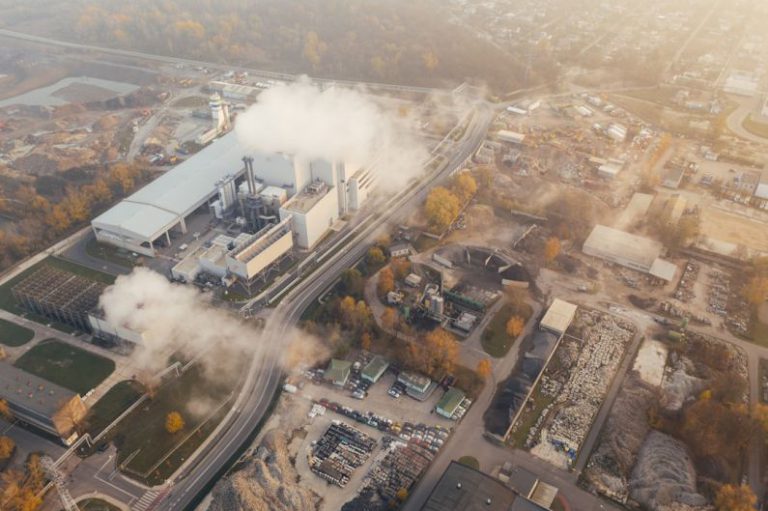What Are the Options for Eco-friendly Transportation?
In today’s world where environmental concerns are at the forefront of global discussions, the need for eco-friendly transportation options has become more pressing than ever. As the transportation sector is a significant contributor to greenhouse gas emissions and air pollution, finding sustainable alternatives is essential for a cleaner and greener future. Fortunately, there are several innovative options available that can help reduce the environmental impact of transportation while still meeting our mobility needs.
**Electric Vehicles (EVs)**
Electric vehicles have emerged as a popular choice for eco-conscious consumers looking to reduce their carbon footprint. EVs are powered by electricity stored in batteries, eliminating the need for gasoline or diesel fuel. With zero tailpipe emissions, electric vehicles help improve air quality and reduce greenhouse gas emissions. The advancements in battery technology have also led to increased driving ranges and faster charging times, making EVs a practical choice for daily commuting and longer trips.
**Public Transportation**
Public transportation systems, such as buses, trains, and subways, play a crucial role in reducing traffic congestion and emissions from individual vehicles. By encouraging more people to use public transportation, cities can significantly decrease their carbon footprint and improve air quality. Investing in efficient and well-connected public transportation networks can help promote sustainable urban development and reduce reliance on private cars.
**Cycling and Walking**
Cycling and walking are among the most environmentally friendly modes of transportation available. Not only do these options produce zero emissions, but they also promote physical activity and improve overall health. Cities around the world are increasingly investing in bike lanes, pedestrian-friendly infrastructure, and bike-sharing programs to encourage more people to choose active transportation. By prioritizing cycling and walking, communities can reduce traffic congestion, lower emissions, and create healthier and more livable urban environments.
**Car Sharing and Ride-Hailing Services**
Car sharing and ride-hailing services offer convenient alternatives to traditional car ownership. By sharing vehicles with others or using on-demand transportation services, individuals can reduce the number of cars on the road and lower overall emissions. Car sharing programs allow users to access a vehicle only when needed, reducing the need for private car ownership and the associated environmental impact. Ride-hailing services, on the other hand, provide a flexible and cost-effective transportation option that can help decrease congestion and emissions in urban areas.
**Hybrid Vehicles**
Hybrid vehicles combine an internal combustion engine with an electric motor to improve fuel efficiency and reduce emissions. By utilizing both gasoline and electric power, hybrid vehicles offer a more sustainable option compared to traditional gasoline-powered cars. Hybrid technology continues to evolve, with new models offering increased efficiency and lower emissions. As a transitional technology towards full electrification, hybrid vehicles provide a practical solution for those looking to reduce their environmental impact without compromising on range or flexibility.
**Conclusion: Embracing a Greener Future**
As we look towards a more sustainable future, the importance of eco-friendly transportation options cannot be overstated. By embracing electric vehicles, public transportation, cycling, walking, car sharing, and hybrid technology, we can reduce emissions, improve air quality, and create more livable cities for future generations. It is essential for individuals, businesses, and governments to prioritize sustainable transportation solutions and work together towards a cleaner and greener planet. By making conscious choices about how we travel, we can make a significant impact on reducing our carbon footprint and building a more sustainable future for all.






